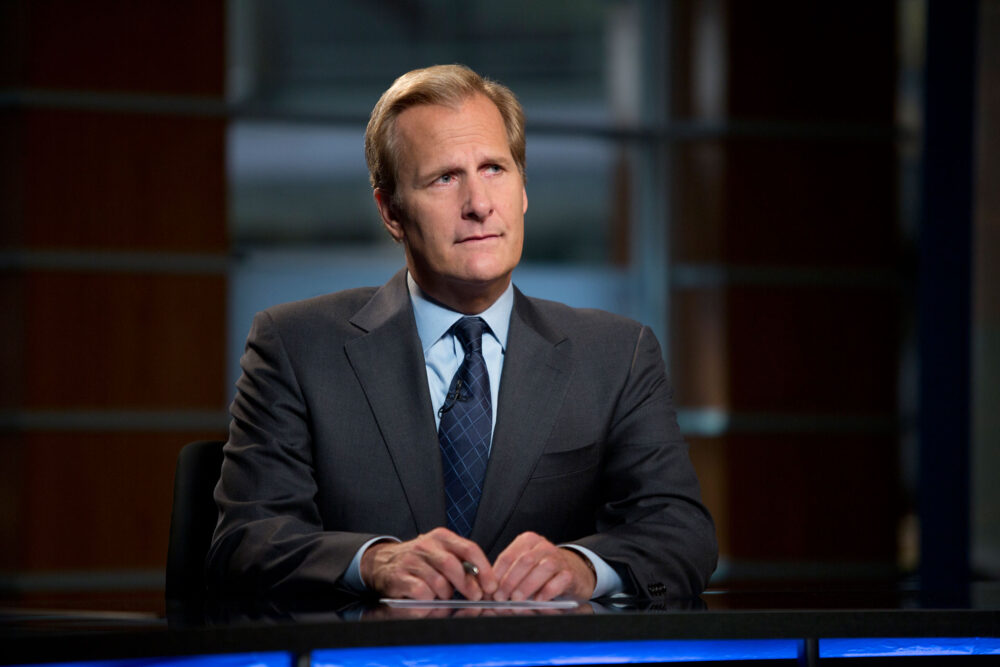Pinging news

I often hear people complaining about notifications from the BBC News app and whether they really represent ‘breaking news’. I don’t use the BBC News app, just the website, and most of the notifications on my phone are turned off, so I don’t spend much time thinking about this. But perhaps I should.
On Tuesday, the FT’s Stephen Bush wrote about the impact of these push notifications on people’s awareness of policies and how this may become more salient in the forthcoming general election. I was surprised to learn that the decisions on which stories get push notifications are ‘made by comparatively low-ranking journalists, certainly compared with the six and the 10 o’clock news.’
But then, I’ve frequently been surprised by the BBC’s willingness to downplay or delegate its most crucial role. The editorial decisions taken by BBC News about what matters in the world—what it puts at the top of its news bulletins, what gets the big slot on the website homepage, what it sends notifications about—are among the most significant decisions anyone in the organisation makes. Yet, too often, the decision is ceded to others: parroting the front pages of openly biased newspapers or perverting the news agenda to promote its own programmes are two common sins. It’s rare to log on to the BBC News website on a Sunday morning and for the ‘top story’ not to be that their political discussion programme is on the air: that’s not news.
This is also reflected in much of the marketing BBC News undertakes: the focus is regularly on ‘news that matters to you‘. But it ought to be the exact opposite of that: the BBC ought to be the source of the news that matters to all of us. The organisation should cherish and embrace its unique position in directing the national conversation. It should talk to us about it.
In the third episode of Aaron Sorkin’s The Newsroom, anchor Will McAvoy gives an on-air speech which includes these words:
From this moment on, we’ll be deciding what goes on our air and how it’s presented to you based on the simple truth that nothing is more important to a democracy than a well-informed electorate.
We’ll endeavour to put information in a broader context because we know that very little news is born at the moment it comes across our wire.
We’ll be the champion of facts and the mortal enemy of innuendo, speculation, hyperbole and nonsense. We’re not waiters in a restaurant serving the stories you asked for, just the way you like them prepared. Nor are we computers dispensing only the facts because news is only useful in the context of humanity.
You may ask: who are we to make these decisions?
We are Mackenzie McHale and myself. Ms McHale is our Executive Producer. She marshalls the resources of over 100 reporters, producers, analysts, and technicians, and her credentials are readily available. I’m Newsnight’s managing editor and make the final decision on everything seen and heard on this programme.
Who are we to make these decisions? We’re the media elite.
I’d love to see that kind of confidence and pluck from BBC News.
This post was filed under: Media, Aaron Sorkin, BBC News, Financial Times, Stephen Bush, The Newsroom.
